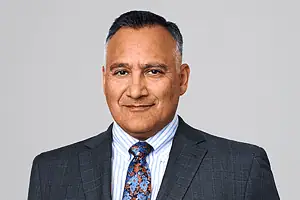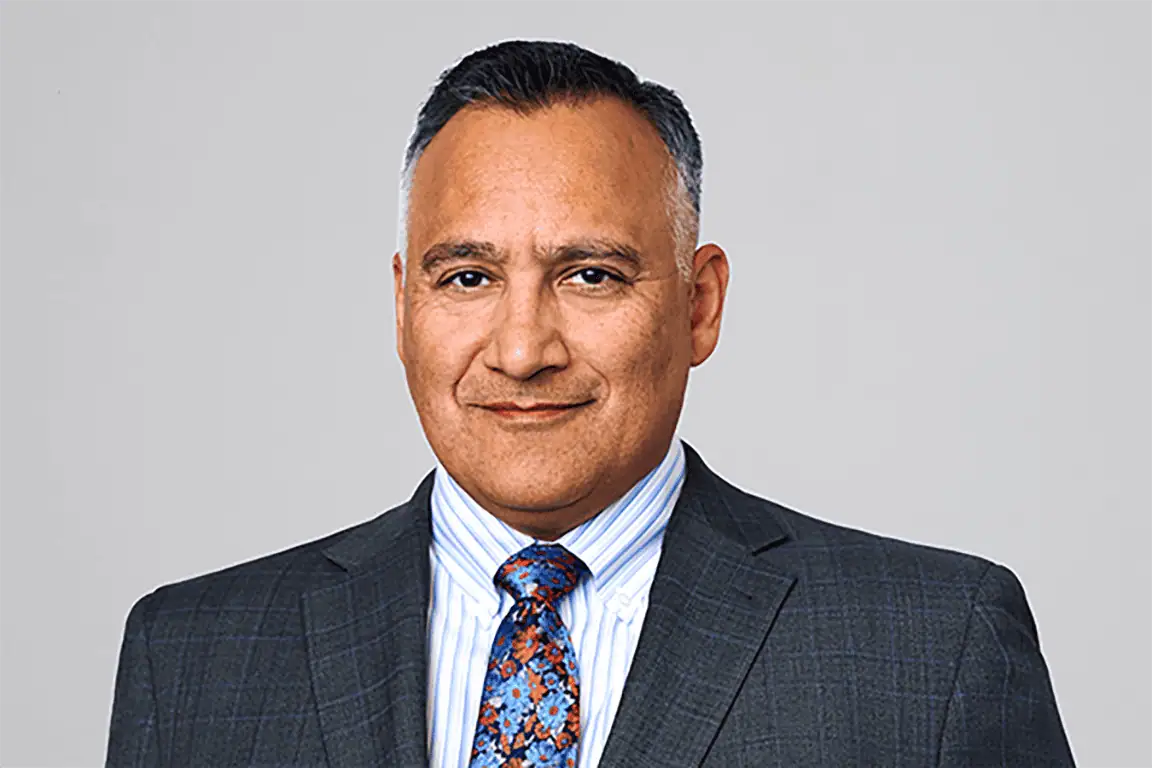
Staff reports | Science & Technology
HonorHealth has become the first healthcare provider in Arizona and the Southwest to implant the WiSE System, a newly approved treatment for patients with advanced heart failure.
The system received FDA approval in April and was first used at HonorHealth Scottsdale Shea Medical Center in August 2025, according to a press release.
The WiSE System is the first leadless cardiac resynchronization therapy (CRT) to deliver pacing from inside the heart’s left ventricle. Unlike traditional CRT, which uses external leads, this technology eliminates many anatomical limitations and reduces risks associated with conventional leads.
“This represents a major leap forward in pacing technology,” said Dr. Rahul Doshi, network electrophysiology director at HonorHealth Heart Care. “By delivering pacing therapy from within the heart, we can provide a more natural activation pattern. This gives patients who previously had no options a chance at improved heart function, better quality of life—and more time with their loved ones.”
The procedure involves placing a small electrode inside the left ventricle, powered wirelessly by an ultrasound transmitter implanted under the skin. The approach mimics the heart’s natural electrical activity and expands treatment options for patients who were not candidates for, or did not respond to, standard CRT.
“This is truly transformative,” said Dr. Zain Khalpey, cardiothoracic surgeon and surgical director of the HonorHealth Artificial Heart Program. “For patients who once had no options, this therapy provides a lifeline. By uniting surgical innovation with electrophysiology expertise, we’re not only advancing care but also reaffirming HonorHealth’s leadership in treating advanced heart failure—here in Arizona and across the Southwest.”
Heart failure affects more than 6 million adults in the United States and can cause fatigue, swelling and reduced quality of life. While it cannot be cured, advanced therapies such as CRT can help the heart work more efficiently, reduce symptoms and improve survival. With this new therapy, HonorHealth aims to extend those benefits to more patients.
Dr. Doshi performed the first procedure in August 2025 at HonorHealth Scottsdale Shea Medical Center




























